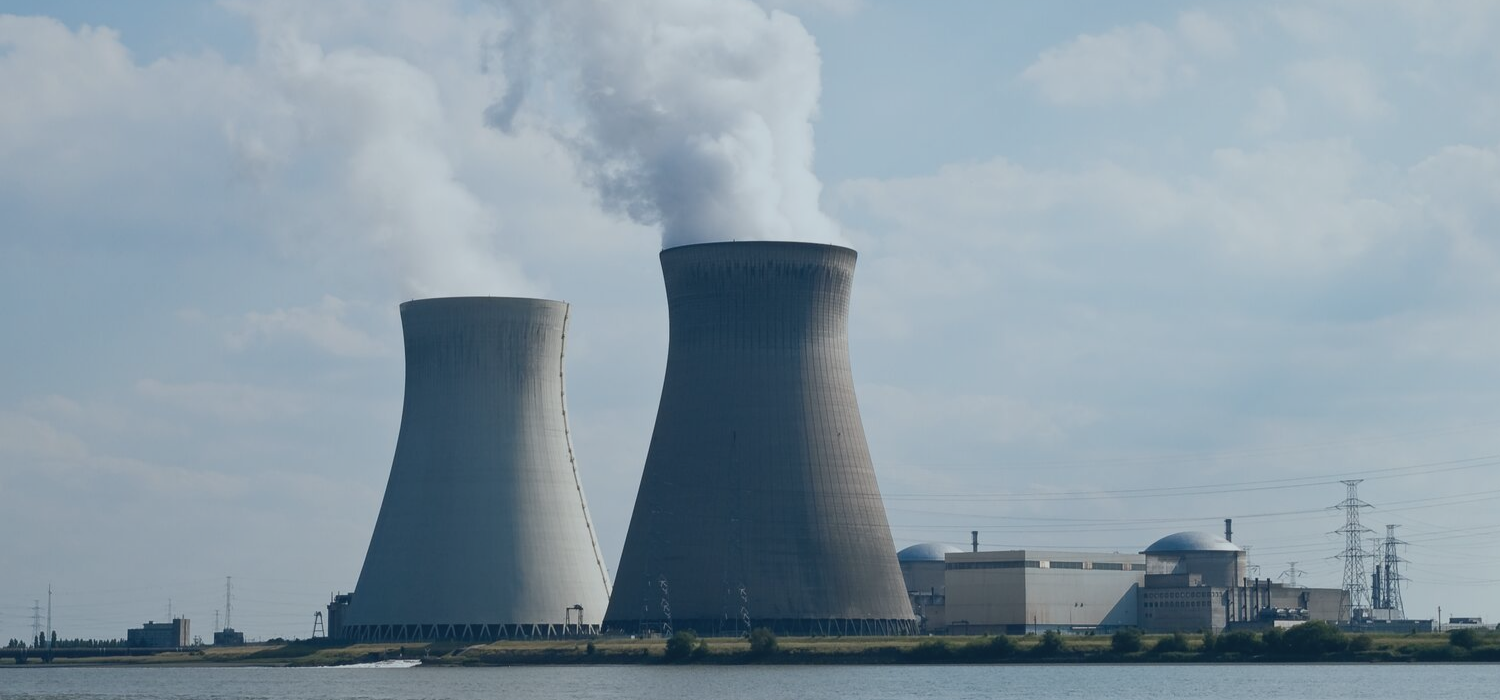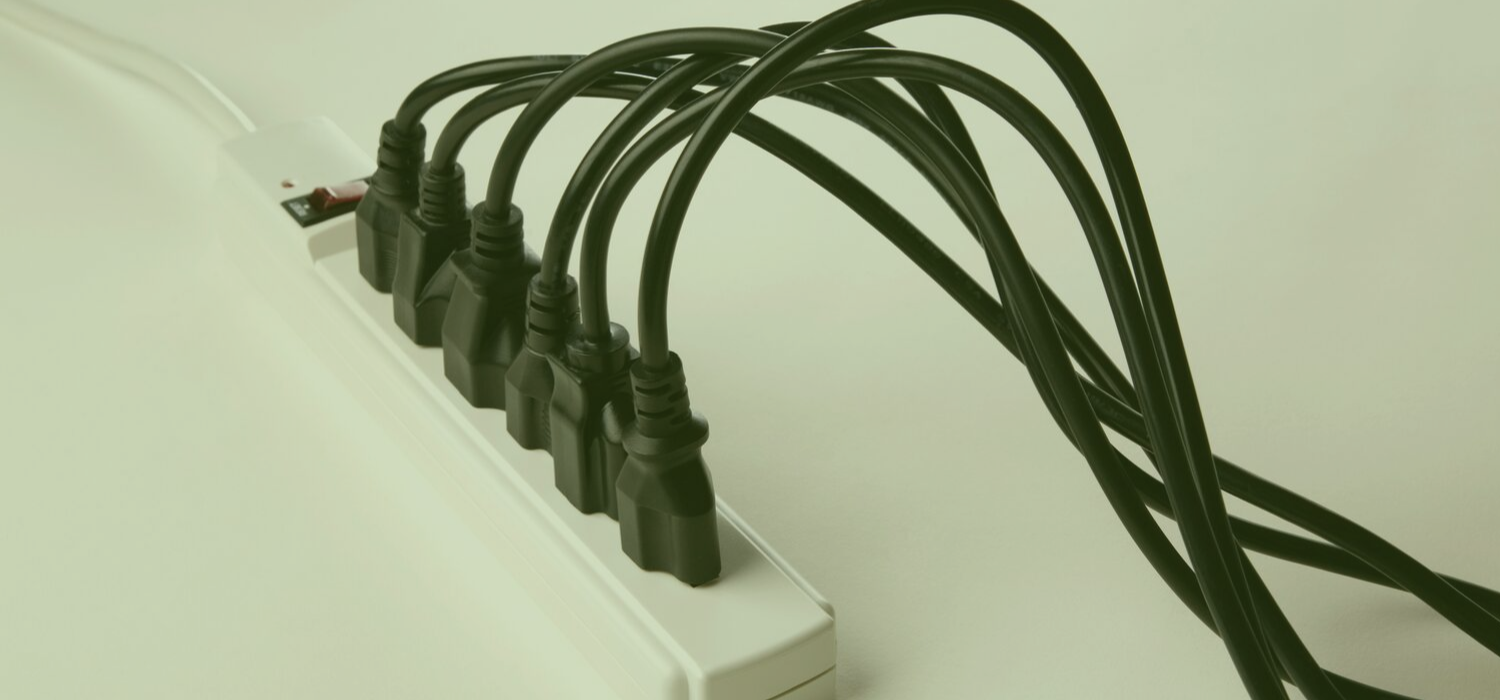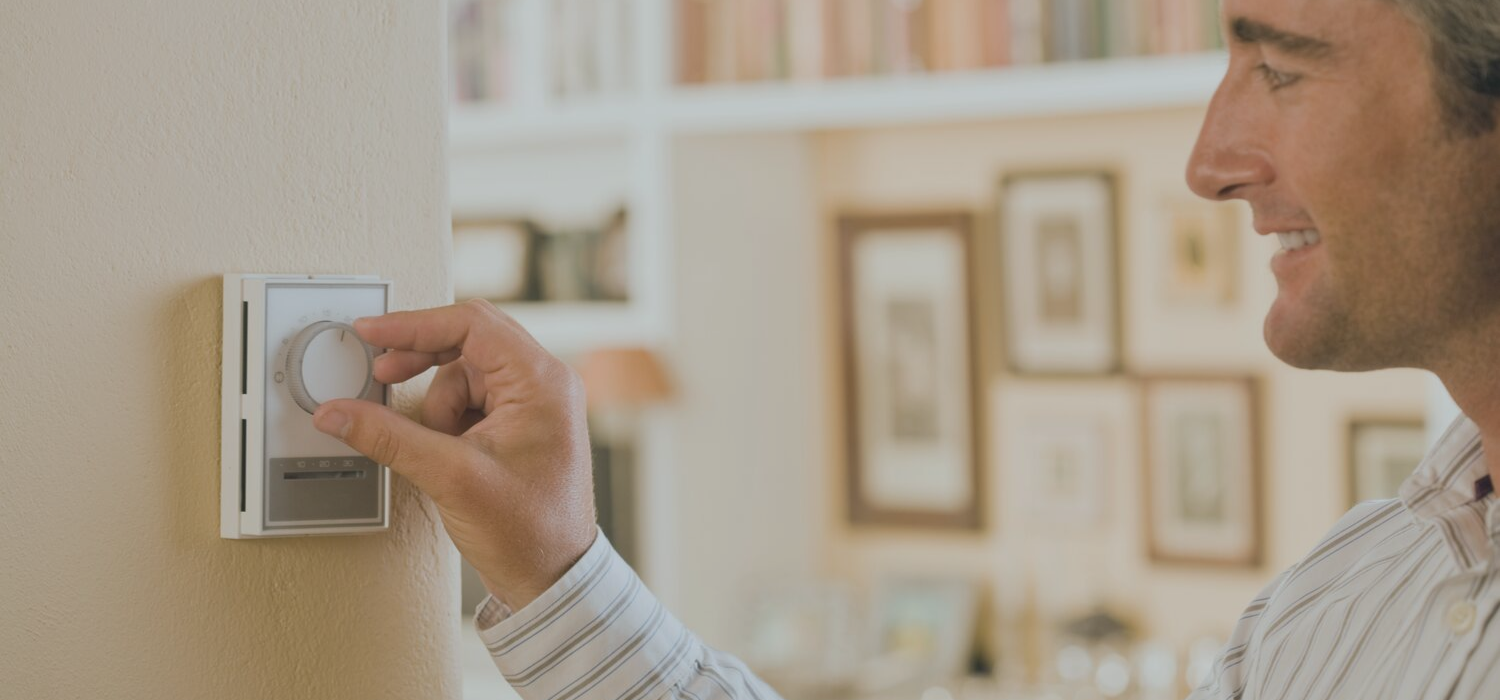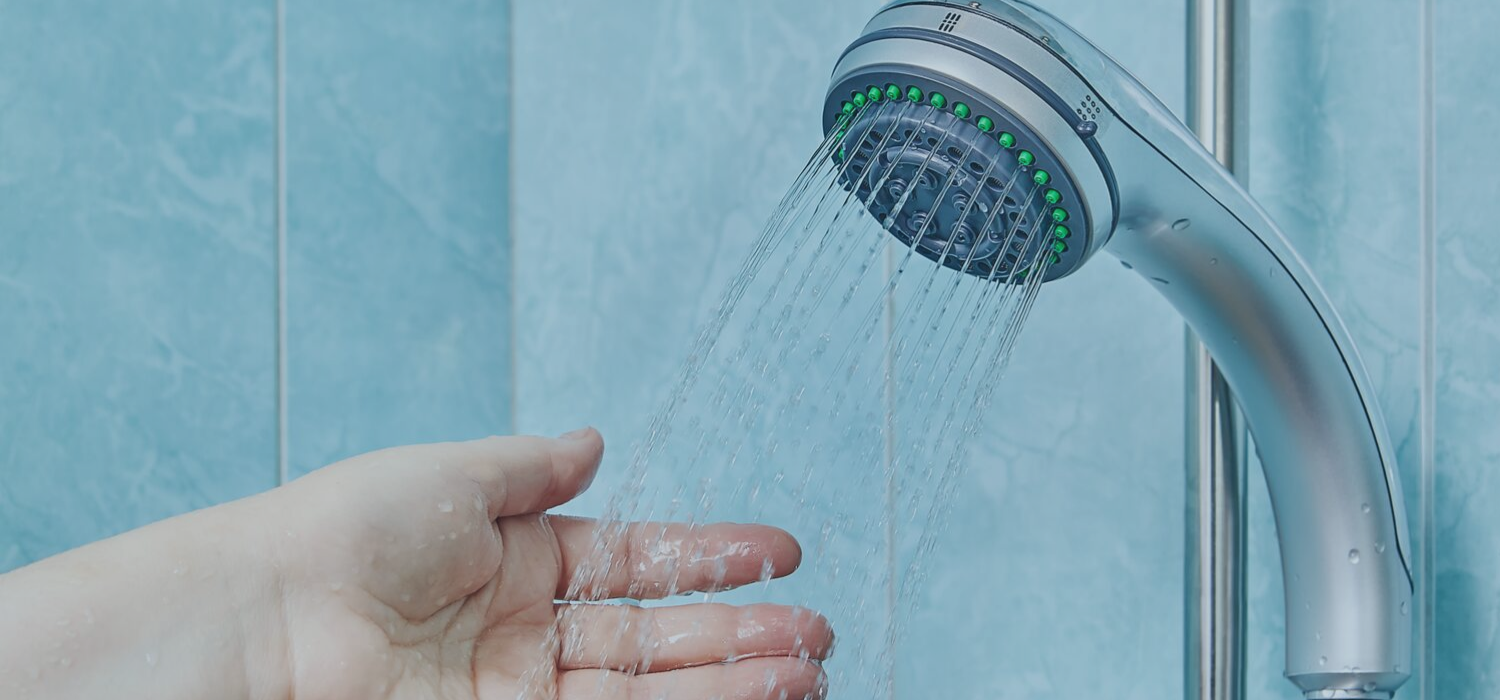Did you know the month of October is dedicated to energy awareness on a national level? In September 1991, President George Bush declared October as National Energy Awareness Month, encouraging government and organizations to raise awareness on the importance of sustainability and conserving the nation’s energy resources. At BARC, we wanted to contribute to this conversation by giving you helpful ways to converse energy that can be applied in your life today. Whether you’re concerned about saving energy to reduce the utility bill or protecting the planet (hopefully both!) we hope you find this article helpful.
The importance of saving energy
Saving energy is important for two main reasons – protecting the environment and reducing home energy costs. It doesn’t have to be said that nothing comes free now-days, there is a cost for everything. It costs money to use electricity which powers our homes. And it costs our planet it’s natural resources to produce this electricity.
Think of it this way. Conserving energy allows you to solve two problems. Save money & protect earth’s natural resources. By taking a small step towards living a more energy-conscious lifestyle, you can begin to enjoy the multiple perks of being energy efficient. Let’s take a further look at how the environment and your money is impacted by energy-use.
Environment

A major source of our energy comes from non-renewable resources. According to National Geographic, most non-renewable sources are fossil fuels which include: oil, coal, and natural gas. The process of retrieving these valuable natural resources entails extracting them from the ground. Afterwards, to create energy they are burned, sending carbon dioxide into the atmosphere. What once formed naturally in the ground we are taking and throwing it into the air creating a carbon imbalance. Something to think about the next time you leave the TV on while no-one is watching.
Of course there are other, natural methods, in which energy is produced. Including renewable energy sources that replenish themselves over time, making it a more sustainable option for creating energy. These sources include harvesting energy from the sun, wind, and within the earth. Although we have found ways to create energy at a more sustainable level, a majority of our energy is formed from the non-renewable sources. Which leads us to the point that the amount of energy you consume directly relates to your environmental footprint. It also directly relates to how much your last month’s energy bill was.
Reducing Costs

One reason why you may be reading this, is the concern of reducing your energy bill. In order to find a solution for this, we must first identify what typically sucks the most energy in a home. On average, homeowners spend the most on lighting, electricity, space and water heating. But why does this cost so much? According to a 2018 study by the EIA, what determines the price of electricity is generating it, the distribution to our homes, and the transmission. The average price will vary depending on your location based on the availability of power plants, fuel costs, as well as pricing regulations. Now that you have some background information on how energy is created and distributed let’s take a look at some ways to converse energy use today.

Simple ways to conserve energy TODAY
Change Lightbulbs
What areas of your home do you have the lights on the most? Identifying these areas and then replacing your light bulbs with models that have earned the Energy Star can save you some money. Energy efficient light bulbs on average use about 35% – 80% less energy than traditional bulbs. These newer bulbs also can last 3-25 times longer, providing more value in the long-run.

Use smart power strips
A majority of electronics that are found in households and offices consume power even know they are “off”. Televisions, monitors, printers, etc usually have a standby power setting that will keep some systems within them running. This makes it for an easier start up process the next time you turn them on. This standby power is responsible from 5 to 10% of your energy consumption. Smart power strips limit this energy consumption by shutting down the power to electronics that go into standby mode. A simple and affordable option to reduce your energy use. Find the best smart power strips out there here.

Reduce Water-heating
Heating your water can account for around 12% of your utility bill. Taking that into consideration there are a number of ways you can be more conscious to reduce heating costs and overall save more water. Including, but not limited to:
- Use Less Water
- Lower water heater temperature
- Installing a heat trap on water heater
- Check for ENERGY STAR label if looking to purchase new appliances
Home heating & cooling
A study conducted by the US Department of Energy found that 48% of annual utility costs comes from heating and cooling our homes. Luckily, there are many things to take into consideration when looking to lower this cost. Our top suggestions to lower this energy cost are the following:
- Adjust thermostat to run when you’re home
- Invest in insulating windows and fixing leaks
- Only heat rooms that are in-use
- Adjust ceiling fans depending on season
- Replace HVAC Filter

Be Conscious
Our last tip that you can do to conserve energy is to just be conscious about the power you are using. Simple things, like ensuring all the lights are off in your home before leaving taking off really go a long way in this effort. We encourage you to be more aware of how you consume energy and change some habits to use less. Reach out to your energy provider to find what areas of your home uses the most energy.
For More Information:
Dive a little deeper into the topic and check out this article from Lamps Plus!

